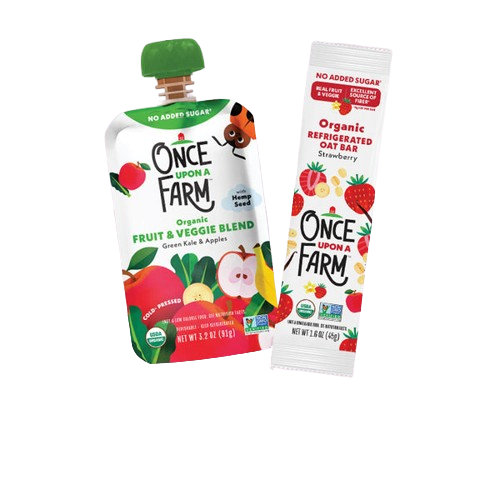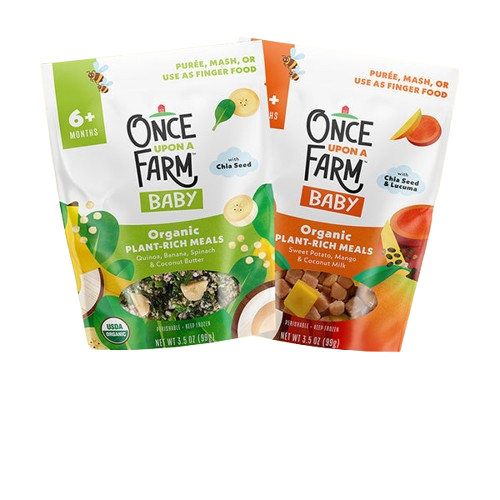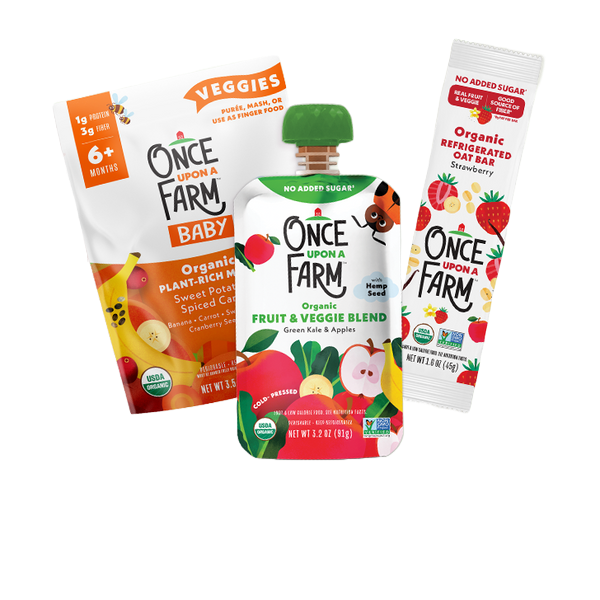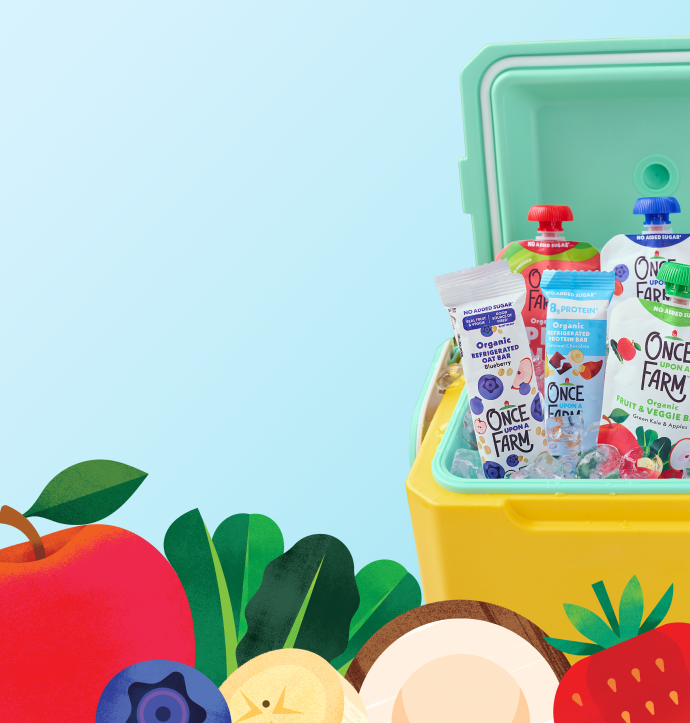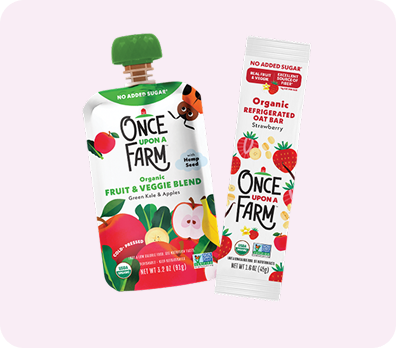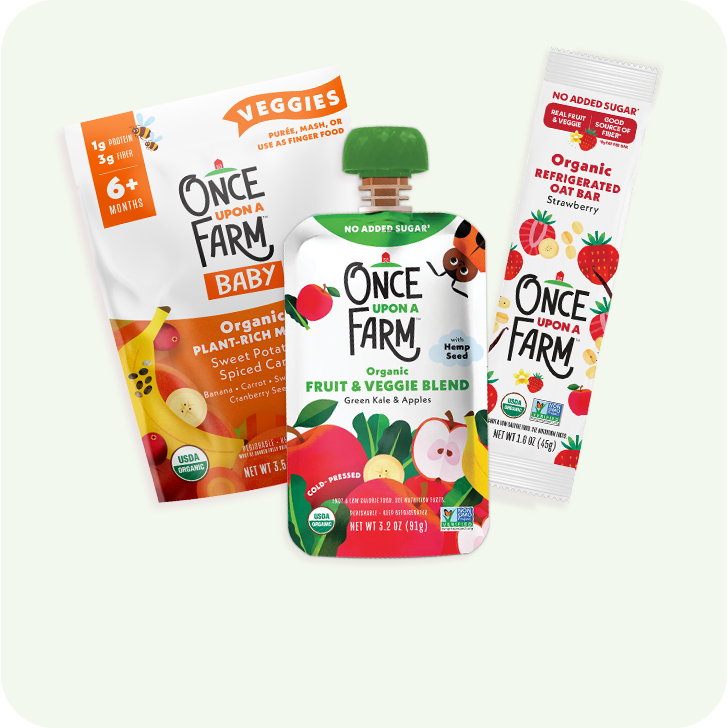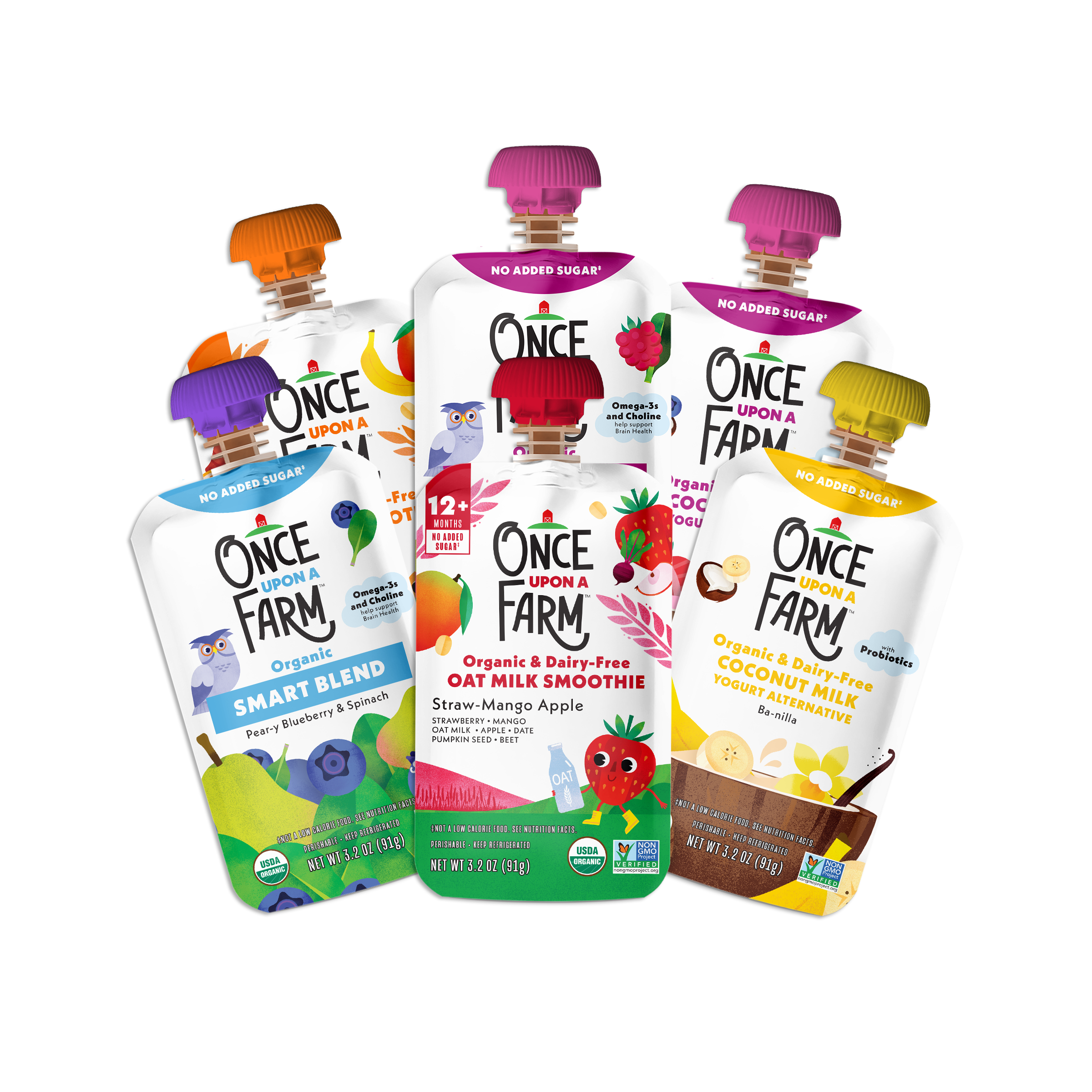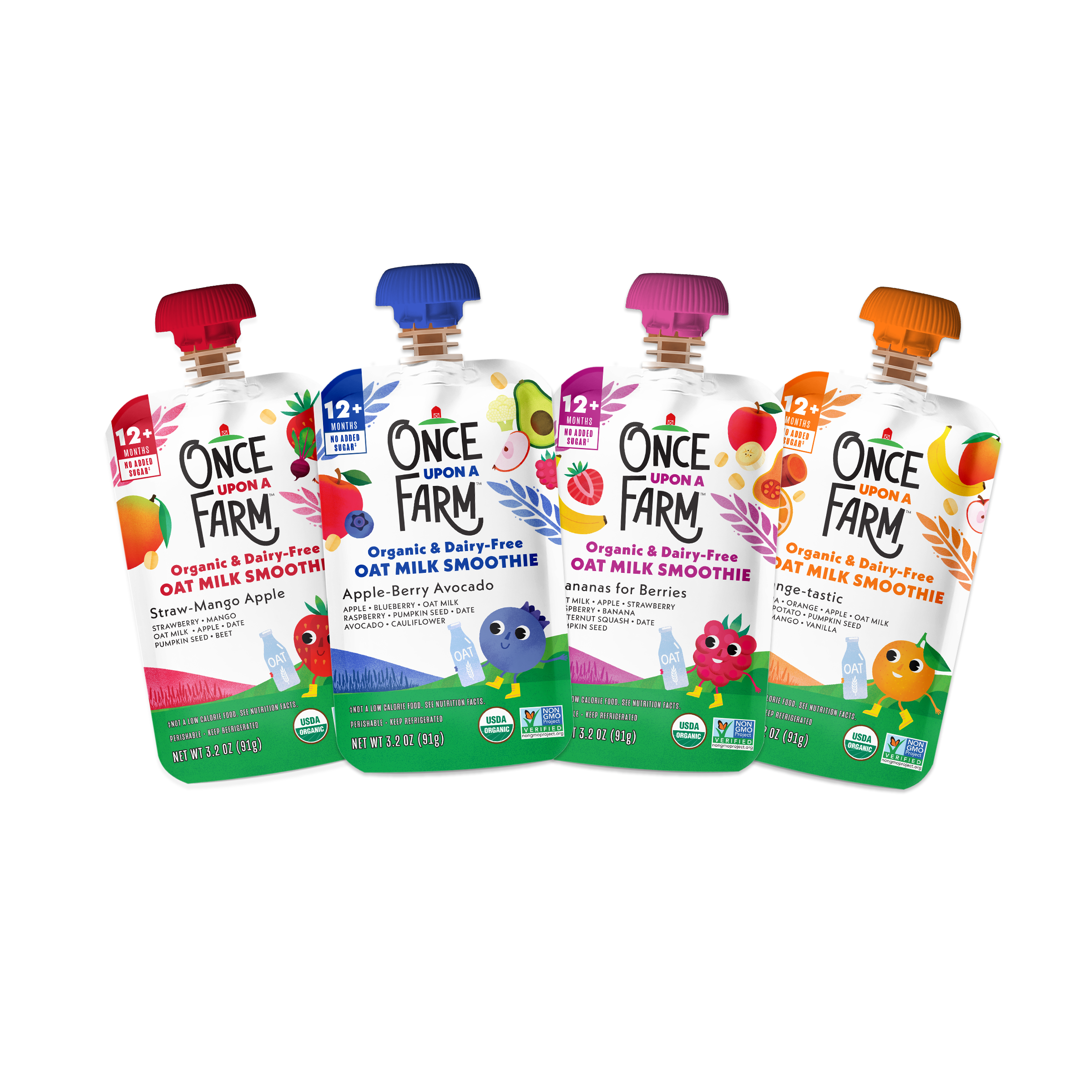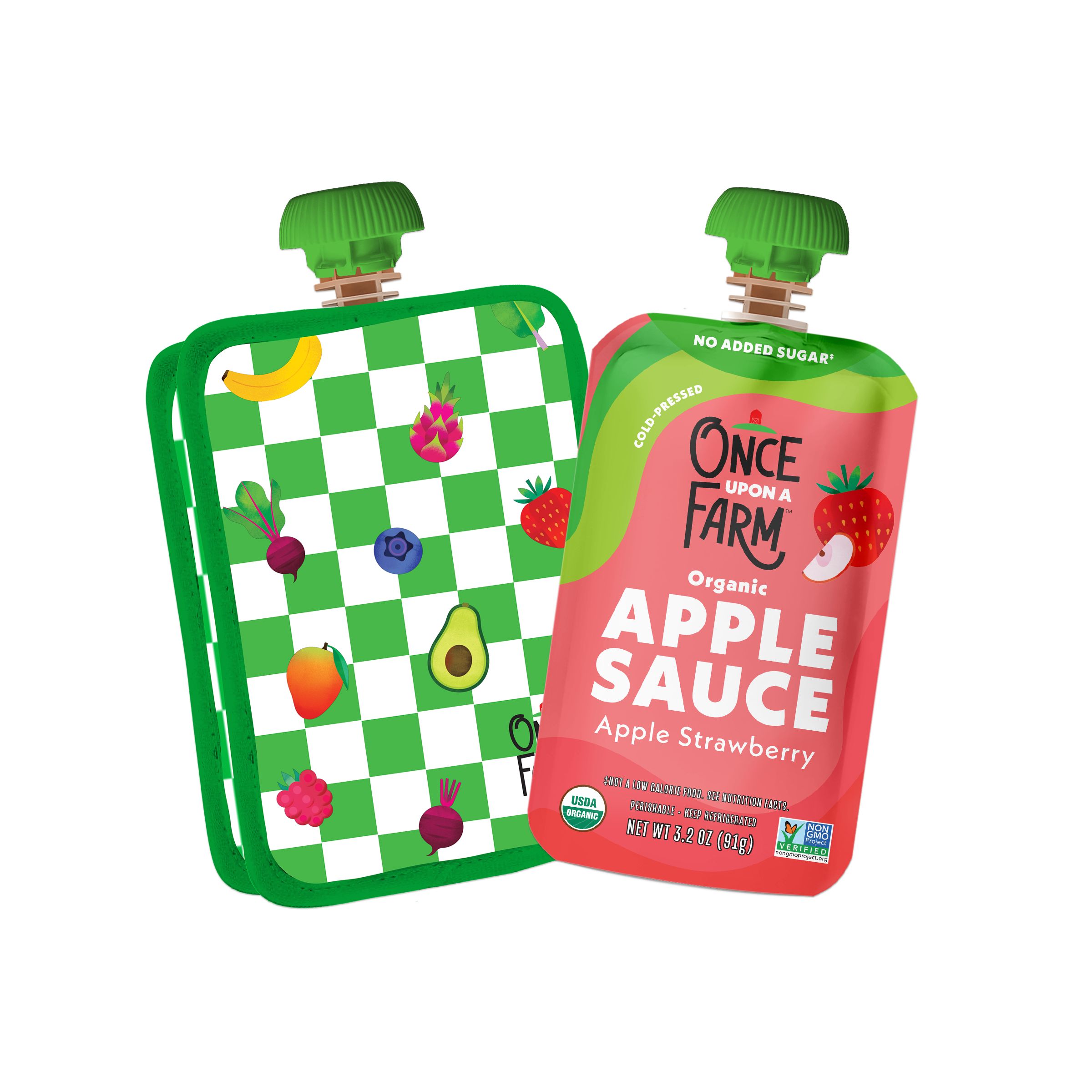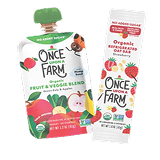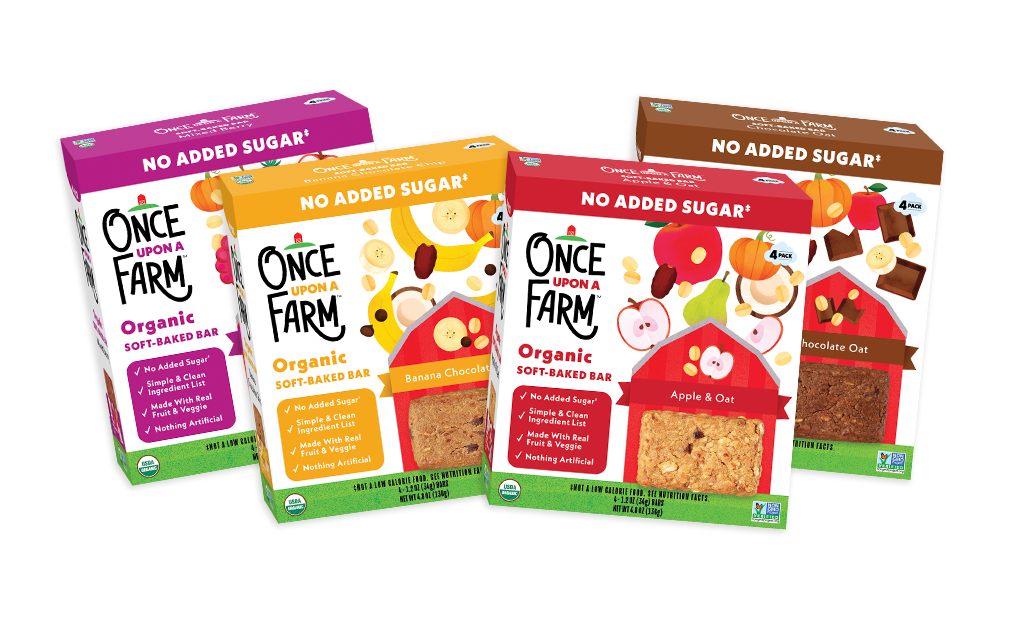Note: This blog is not medical advice and is for informational purposes only. For any specific recommendations or concerns, please refer to your child’s healthcare provider.
As parents, we understand that what our kids eat matters greatly for their growing bodies. However, good nutrition plays an equally important role in the development of their brains.
How Nutrition Impacts Children’s Brain Development
“Good nutrition is essential for brain development,” Child Neurologist and Development Specialist Shilpa Dass, MD shares. This is especially true in early childhood when our kids’ brains are growing rapidly. “Nutrients like Omega-3s and iron help build and maintain brain cells,” she explains, “while glucose provides the energy needed for focus and learning.” On the contrary, poor nutrition negatively impacts attention, memory, and overall brain development.
Key Nutrients for Children’s Brain Health
According to the American Academy of Pediatrics (AAP), the most important nutrients for brain health in children are protein, zinc, iron, choline, folate, iodine, long-chain polyunsaturated fatty acids, and vitamins A, D, B6 and B12. Dr. Shilpa explains why some of these nutrients matter:
- Omega-3 Fatty Acids: Support brain cell communication
- Iron: Supports oxygen delivery and cognitive function
- Zinc: Supports memory and learning
- B Vitamins: Support energy production and neural health
- Vitamin D: Supports brain development and mood regulation
How to Ensure Your Child Is Getting the Right Nutrients to Support Their Brain
This is likely nutritional guidance you’ve heard before, but supporting brain health means offering a variety of whole foods, Dr. Shilpa says. Think leafy greens, nuts, seeds, fruits, whole grains, fish, and eggs. As always, limit ultra-processed foods and sugary snacks. If your child has dietary restrictions or a deficiency, she recommends speaking to your doctor about supplementation.
How Diet Impacts a Child's Mood and Behavior
What our kids eat certainly impacts how they feel. This, as Dr. Shilpa shares, can affect mood and behavior. “Certain deficiencies, like iron, are related to changes in sensory, motor, cognitive, language, and socioemotional functioning and can lead to irritability, fatigue, or difficulty concentrating.” (Source).
Can dietary changes help manage neurodevelopmental or other conditions?
While Dr. Shilpa does not think there’s enough evidence that diet can manage any neurodevelopmental condition, she does note, “There is some modest research that omega-3 fatty acids may be helpful for children with ADHD, but not as [the] first line of defense.” (Source)
When to Consult Your Pediatrician or Child Neurologist
If you are concerned about your child’s development, you should seek professional guidance. Perhaps they are not meeting milestones, or they are experiencing what Dr. Shilpa describes as “differences in learning, attention, focus, motor skills, language skills, sensory differences, or behavioral concerns.” No matter the reason, as your child’s advocate, you know best when they need extra support.
So much of our children’s growing up seems to just happen—blink and you might miss it. Thankfully, there are things we can do to support them as they grow, their bodies and their minds, and good nutrition is an easy and essential way to help.

